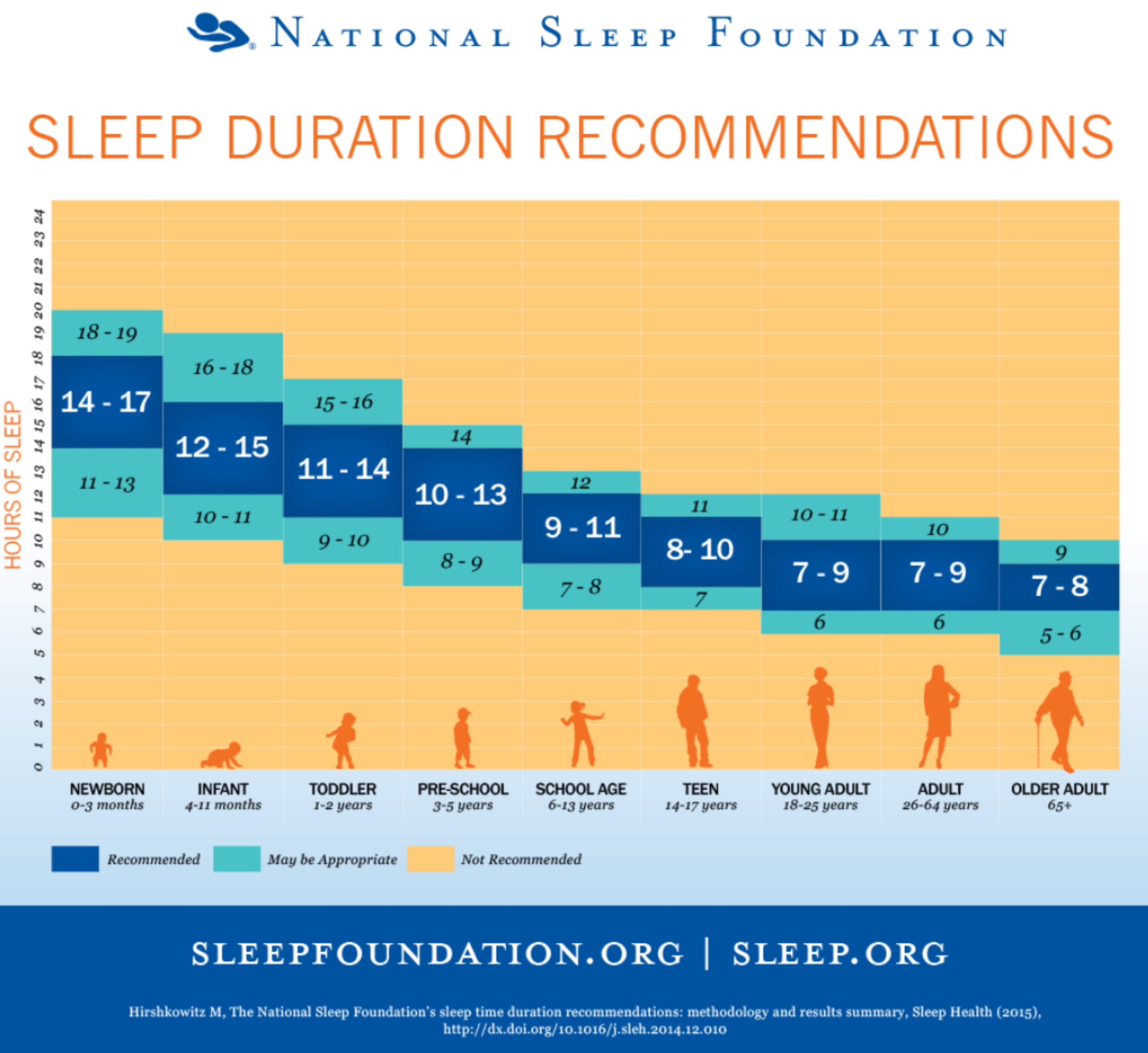The Power of Sleep
“Sleep is the Best Meditation ~ said the Dalai Lama”
Maintaining adequate amounts of quality sleep is essential to our optimal health and overall wellbeing, it is as vital as breathing, nutrition and exercise. Disrupted sleep is a major contributor to many modernday degenerative diseases like obesity, diabetes, heart disease, and cancer.
Then why do we struggle with getting adequate amounts of quality sleep?
In a fastpaced environment, many people forgo sleep and overextend themselves to catch up on work, to study, to embrace the quiet as their children are asleep, catch up on domestic duties, work long hours, screen time (computer, T.V.), shift work, insomnia, are unable to shut off, or simply do not value sleep and don't make it a priority.
Are you feeling run down, struggling to focus, or feel irritable for no clear reason, you may want to investigate your sleep patterns.
What if you could wake up every, single, day, feeling refreshed, focused, calm, excited to move & embrace the day ahead?
THE IMPORTANCE OF QUALITY SLEEP
Critical bodily activities occur during the sleep state [1];
· - Hormones are released which help to regulate appetite control, stress, growth, metabolism, and other bodily functions;
· - Internal organs rest and recover. Tissue repair, muscle growth, and protein synthesis primarily occur during sleep;
· - Memory consolidation occurs, allowing for the formation and storage of new memories, which is essential for learning new information;
· - The human growth hormone is released during the deep sleep phase, in children;
· - Reduction of blood pressure, inflammation and pain. Though pain and inflammation can cause insomnia (this is for another discussion - to be continued);
BENEFITS OF QUALITY SLEEP INCLUDE:
- Increased energy to make beneficial lifestyle choices (cooking, exercise, self-care, etc.)
- Strengthened immune system
- Heightened alertness, focus, and creativity
- Improved mood by reducing anxiety, irritability, and mental exhaustion
- Increased libido (sex drive), promotes testosterone production.
The direct correlation between sleep and overall health inevitably helps to improve your
quality of life.
HOW SLEEP DEPRIVATION AFFECTS YOU [2-5]
There are many complex factors involved in the relationship between sleep and health. While it may be more difficult to scientifically prove that quality sleep improves health, the negative effects of sleep deprivation, also mentioned above, are widely documented.
You’re more likely to gain weight.
Leptin, your satiety hormone, is significantly reduced when you are sleep deprived. Since leptin plays an important role in appetite control and metabolism, having low levels of this hormone results in hunger not being naturally suppressed. Therefore, your appetite and cravings increase – yes increase.
You are at a higher risk for illness.
Your body is more susceptible to stress without a good night’s sleep. The immune system does not function optimally, and inflammatory proteins and blood sugar levels rise in response to lower levels of insulin being released throughout the night. All these negative effects on the body contribute to an increased risk of diabetes, heart disease, stroke, and infection.
Your risk of injury increases.
When you are exhausted, both physically and mentally, there is an increased risk of injury, errors, and accidents. This tired state of mind may lead to mishaps like stubbing your toe, cutting yourself in the kitchen, or getting into a car accident.
Your brain does not function optimally.
There are measurable changes in brain activity that occur after a period of sleep deprivation. When you do not get enough sleep, your mental performance suffers, impairing your ability to process new information and memories and impacting your overall mood, focus, and high-level cognitive function.
You are more likely to struggle with your emotions.
Without enough rest, you may have trouble keeping your emotions in check. Increased feelings of irritability, anxiety, sadness, and anger are common. You may even find that you are more vulnerable to unprovoked bouts of laughter or tears.
HOW MUCH SLEEP DO YOU REALLY NEED?
Everyone requires quality sleep for optimal health and well-being, but the number of hours vary depending on individual and age group. Try experimenting with your sleep patterns to find out what works best for you and your specific needs.
FOLLOW THESE STEPS FOR BETTER SLEEP:
Reduce your daily intake of caffeine;
Setting aligned boundaries - this is key;
Maintain a consistent daily schedule;
Turn off the computer or television a couple of hours before bed;
Avoid going to bed on a full or empty stomach ~ generally eat 2-3 hours before going to slumber;
Keep your bedroom dark and quiet;
Go to sleep and wake up using your internal clock;
Limit beverage consumption before bed - minimal fluids after 6pm;
Invest in comfortable bedding;
Journal before bed & Mediation during;
Engage in regular aligned movement.
To optimise your sleep and health benefits, practice good sleep habits. Seven to nine hours of snooze time is ideal for most of us. Do your best to get this much sleep every night to enjoy better mental and physical health.
IF YOU ARE STRUGGLING WITH YOUR SLEEP, CONNECT WITH ON OF OUR FRIENDLY TEAM MEMBERS - CHIROPRACTIC - REMEDIAL MASSAGE THERAPY - NATUROPATHY - HOLISTIC WELLNESS COACH
REFERENCES:
1| Sleep and Health Sleep and Health. (2008). Harvard Medical School. Retrieved from http://healthysleep.med.harvard.edu/need-sleep/whats-in-it-for-you/health
2| Consequences of Insufficient Sleep Consequences of Insufficient Sleep. (n.d.). Harvard Medical School. Retrieved from http://healthysleep.med.harvard.edu/healthy/matters/consequences
3| Sleep Deprivation Effects on Health and Well-Being Silver, V. (n.d.). Sleep Deprivation Effects on Health and Well-Being. Holistic MindBody Healing. Retrieved fromhttp://www.holistic-mindbody-healing.com/sleep-deprivation-effects.html
4| National Sleep Foundation Recommends New Sleep Times. National Sleep Foundation. (2015). Retrieved from https://www.sleepfoundation.org/press-release/national-sleep-foundation-recommends-new-sleep-times
5| Sleep, Performance, and Public Safety Sleep, Performance, and Public Safety. (2007). Harvard Medical School. Retrieved from http://healthysleep.med.harvard.edu/healthy/matters/consequences/sleep-performance-and-public-safety

